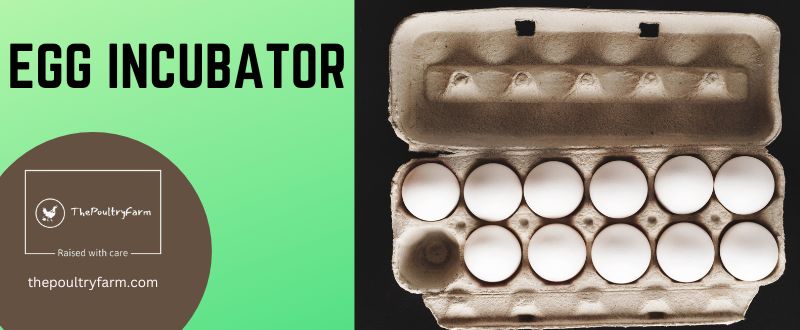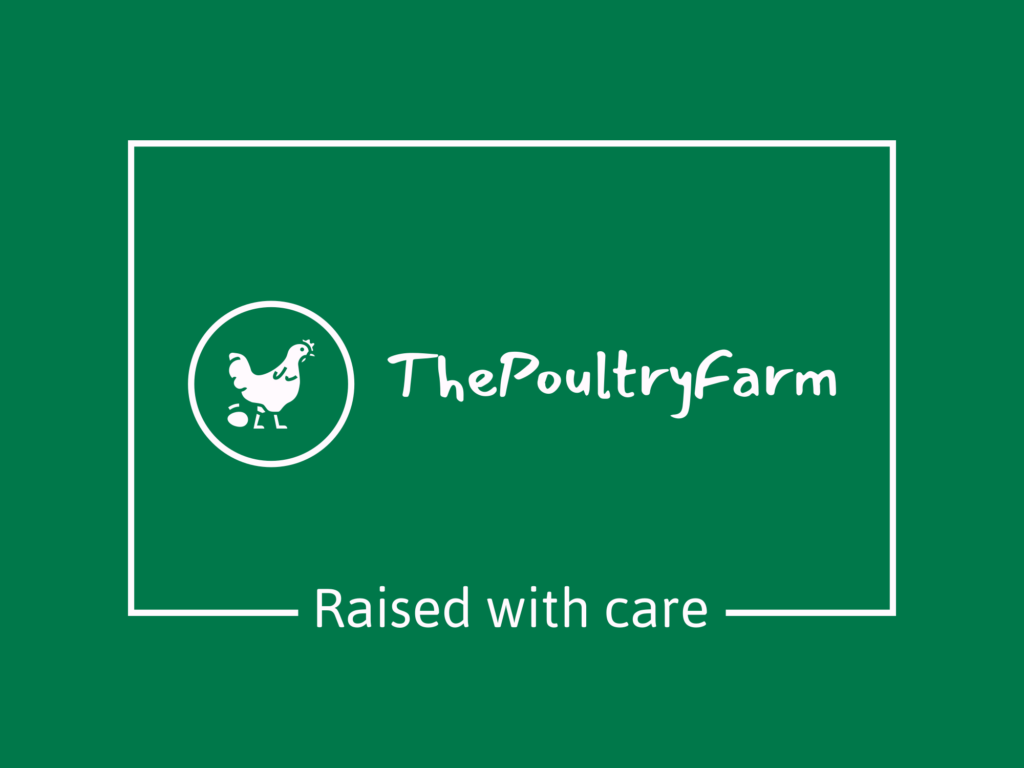
Introduction
If you’re like most people, you probably think of chickens as the pet that lays eggs. In fact, a chicken can lay up to 300 eggs in a year! If you want to get into raising chickens, one of the first things you’ll need is an incubator. An incubator is a machine that is used to hatch eggs. It provides the perfect environment for eggs to develop into chicks by regulating temperature and humidity. If you’re planning on hatching your own eggs, you’ll need to purchase an incubator. But with so many different models on the market, it can be tough to know which one to choose. So, why would you need an incubator? Here are a few reasons:
- You might want to hatch your own eggs to keep a closer eye on the breeding process.
- You might want to incubate eggs to raise chicks yourself.
- You might want to incubate eggs to sell chicks.
Whatever your reason, choosing the right chicken egg incubator is important. Make sure you consider the size of your flock, the type of eggs you’re hatching, and how often you’ll be using the incubator.
In short when purchasing a chicken egg incubator:
There are a few things to consider when choosing an incubator for your chickens. First, you need to decide how many eggs you want to incubate at a time. Incubators come in all different sizes, from small ones that can hold up to 24 eggs, to large ones that can hold over 100 eggs. The size of the incubator you need will depend on the number of chickens you have, and how many eggs they are likely to lay in a year.
Another thing to consider is the type of incubator you want. There are two main types of incubators: still air and forced air. Still air incubators are cheaper and easier to use, but they don’t provide as consistent temperatures, which can lead to lower hatch rates. Forced air incubators are more expensive, but they provide more consistent temperatures and higher hatch rates.
Finally, you need to decide what features you want in your incubator. Some incubators come with automatic turners, which will turn the eggs for you. Other incubators have humidity controls, which will help keep the eggs at the right humidity level. And still other incubators have ventilation systems, which will help keep the air in the incubator fresh.
The benefits of owning a chicken egg incubator
The benefits of having your own chicken egg incubator are many. First, you’ll be able to hatch your own eggs and have more control over the breeding process. This is especially important if you’re planning on selling chicks. Second, you’ll be able to incubate eggs to raise chicks yourself.
How to choose the right chicken egg incubator
One of the confusing tasks is how to choose the right chicken egg incubator for your flock. Many factors need to be considered such as:
- The type of eggs you’ll be hatching.
- The size of your flock.
- How often you’ll be using the incubator.
After considering the above requirements one can get a better idea of which one to choose to fulfill their needs.
The different types of incubators available on the market
Different brands of chicken egg incubators offer different features. It’s important to find an incubator that will fit the needs of your flock. The most common requirements are already highlighted in the blog.
How to use an incubator to hatch eggs
Hatching in an incubator is a simple process, but there are a few things you need to do to make sure your eggs hatch successfully.
- First, you need to collect fresh eggs from your chickens. Make sure the eggs are clean and free of any dirt or debris.
- Next, you’ll need to set the eggs in the incubator. Most incubators have trays that you can set the eggs in. Make sure the eggs are not touching each other, and that the tray is turned so that the eggs are pointing up.
- Now, you’ll need to set the incubator to the correct temperature. The ideal temperature for hatching chicken eggs is 99.5 degrees Fahrenheit.
- You’ll also need to set the incubator to the correct humidity. The ideal humidity for hatching chicken eggs is 50-60%.
- Once the incubator is set to the correct temperature and humidity, you’ll need to wait 21 days for the eggs to hatch.
- After 21 days, you’ll need to check on the eggs to make sure they’ve hatched. You can do this by candling the eggs. Candling is a process where you hold an egg up to a light so you can see inside. If the egg is fertile, you’ll see a red mass inside. If the egg is not fertile, you’ll see a dark spot inside.
- Once the eggs have hatched, you’ll need to remove the chicks from the incubator and put them in a brooder. A brooder is a heated box that simulates the warmth of a mother’s body. The chicks will need to stay in the brooder for 6-8 weeks.
- After 6-8 weeks, the chicks will be ready to go outside. Make sure you introduce them to the outdoors slowly, and that they have access to food and water.
Tips for keeping your chicks healthy and safe
These are the initial care you need for your chicks.
- Keep your chicks in a clean brooder. The brooder should be cleaned out every week.
- Make sure your chicks have access to fresh food and water.
- Keep your chicks away from drafts. drafts can cause them to get sick.
- Don’t handle your chicks too much. Handling them too much can stress them out and make them sick.
- Make sure your chicks are vaccinated. Vaccinating your chicks will help them stay healthy and prevent them from getting sick.
By following these tips, you can be sure that your chicks will stay healthy and safe.
Conclusion
If you’re thinking about adding chickens to your home, you’re not alone. In recent years, there’s been a surge in the popularity of backyard chicken coops. And it’s no wonder why – chickens are low-maintenance pets that provide fresh eggs for your family to enjoy. But before you can start collecting eggs, you need to set up a chicken coop and purchase an incubator. This article has given a detailed description of the different types of chicken egg incubators available in the market and how to choose the right one for your needs. It has also highlighted the importance of hatching eggs in an incubator and taking care of chicks once they have hatched.
Now that you know what to look for in a chicken egg incubator, you’re ready to start shopping! There are a lot of great incubators on the market, so take your time and find the one that’s right for you and your flock.
I am passionate about chickens and how best to raise a healthy flock. I have been raising chickens for over 10 years now, and I am always looking for new and innovative ways to keep my chickens happy and healthy. In addition to keeping my own flock, I also putting reviews on the essential products that are required to keep Chicken happy. I hope to help as many people as possible learn how to properly care for their chickens!
2 Responses to “About Egg incubator”
Leave a Reply

Reading your article helped me a lot and I agree with you. But I still have some doubts, can you clarify for me? I’ll keep an eye out for your answers.
yes